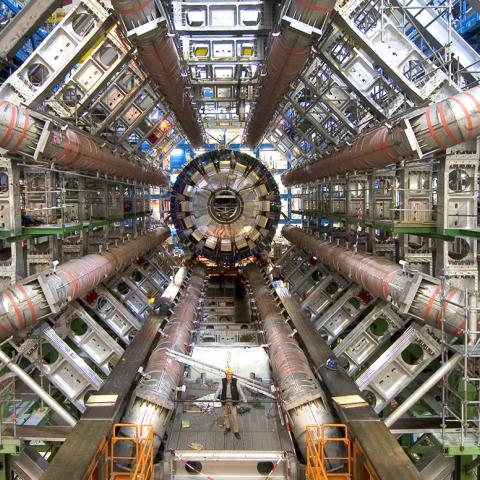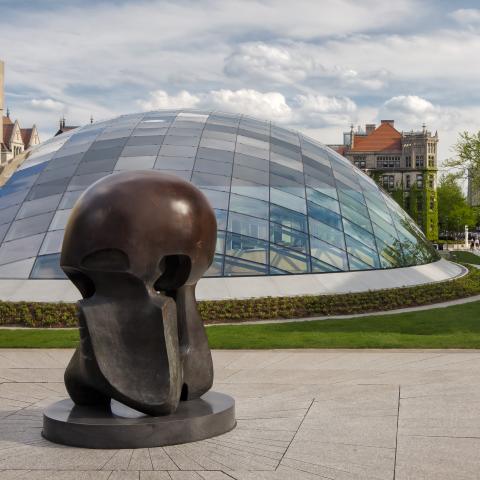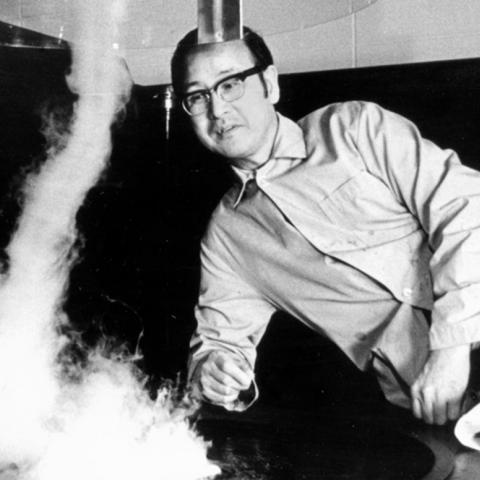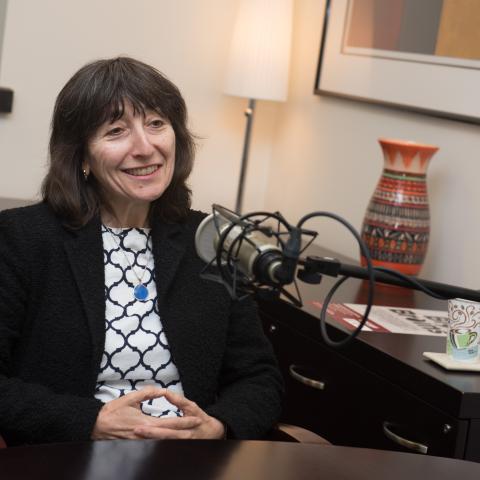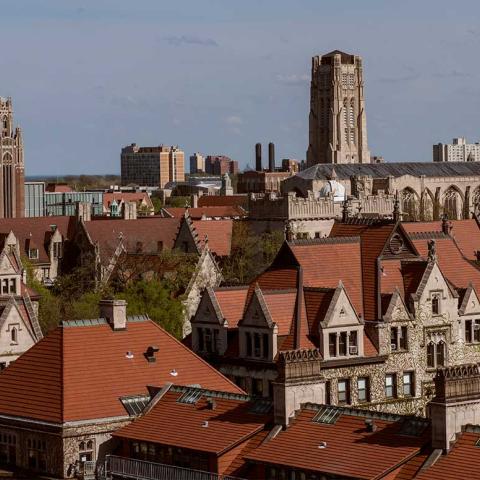The Day Tomorrow Began: Sleep Research
All human beings need sleep. We spend a third of our lives asleep, and it’s as important as food, water or air to our survival.
While scientists are still working to understand the exact nature of sleep and why it’s so important to our well-being, decades of research have made it clear that adequate sleep is vital to our physical and mental health. Among other things, it is important in consolidating memories and other brain functions, supporting the immune system and healing after injury or disease, and protecting against heart disease and diabetes.
The University of Chicago has been a longtime pioneer in sleep research. Prof. Nathaniel Kleitman, who opened the first laboratory focused exclusively on sleep in 1925, made many pioneering discoveries. His textbook, Sleep and Wakefulness, has long been considered a foundational text for sleep researchers around the world, and in 1953, he and his graduate student Eugene Aserinsky discovered REM sleep. A later director of the Sleep Laboratory, Prof. Allan Rechtschaffen, was the first to find that sleep is vital for humans and animals—without it we will literally die.
Much still remains to be understood about sleep, even after decades of research, but it is clear that it plays a vital role in our health. Today, UChicago scholars including Esra Tasali, Erin Hanlon and Diane Lauderdale continue to pioneer the science of sleep.
Explore UChicago Library’s archival collections on sleep research:

Big Brains podcast: Unraveling sleep's greatest mysteries
Renowned sleep experts, including Assoc. Prof. Esra Tasali, explore sleep research’s origins at UChicago—and the questions that still puzzle scientists today.
Listen to the episode here
How sleep affects human health, explained
What is sleep? What happens to the brain during sleep? And how does it affect immune health, heart function, and many other aspects of health? Learn what we know—and what we still don’t.
Read the explainer here
Explore more topics in the series
Learn about the monumental breakthroughs at the University of Chicago and the people behind them.





